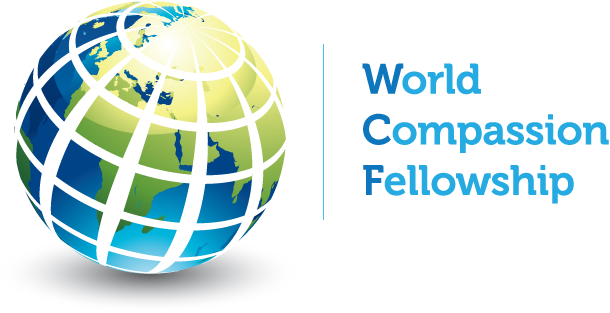Malawi
WCF supports Malawi Sarah’s Kids Scholarship Program.
What We Provide:
Education Sponsorship
WCF History In The Country
In Malawi, 52.4% of the population lives below the poverty line, and 61% of the population lives on less than $1.25/day. Limited connectivity to the region and the rest of the world and poor health and educational systems severely limit labor productivity. Agricultural productivity has been severely impacted by flooding and drought conditions. High inflation rates (21.9% in 2015) and the devaluation of the local currency have caused economic instability and hardship for the average Malawian.
WCF partnered with former Board Director Holly Dunlap to support a Sponsorship Program called ‘Sarah’s Kids’, named after Sarah Adams who had been supporting vulnerable children in a shelter in Blantyre. This program is ongoing.
Since 2007, WCF mobilized Medical and Job Skills Training Teams to Malawi. More than 4,500 patients had been treated by our Medical Teams. More than 400 participants attended our Skills and Business Training Seminars.
WCF launched its first Medical Life Center in Malawi in 2016 where we treated 2,000 patients until we handed over operations and oversight to our local partner in 2018.


